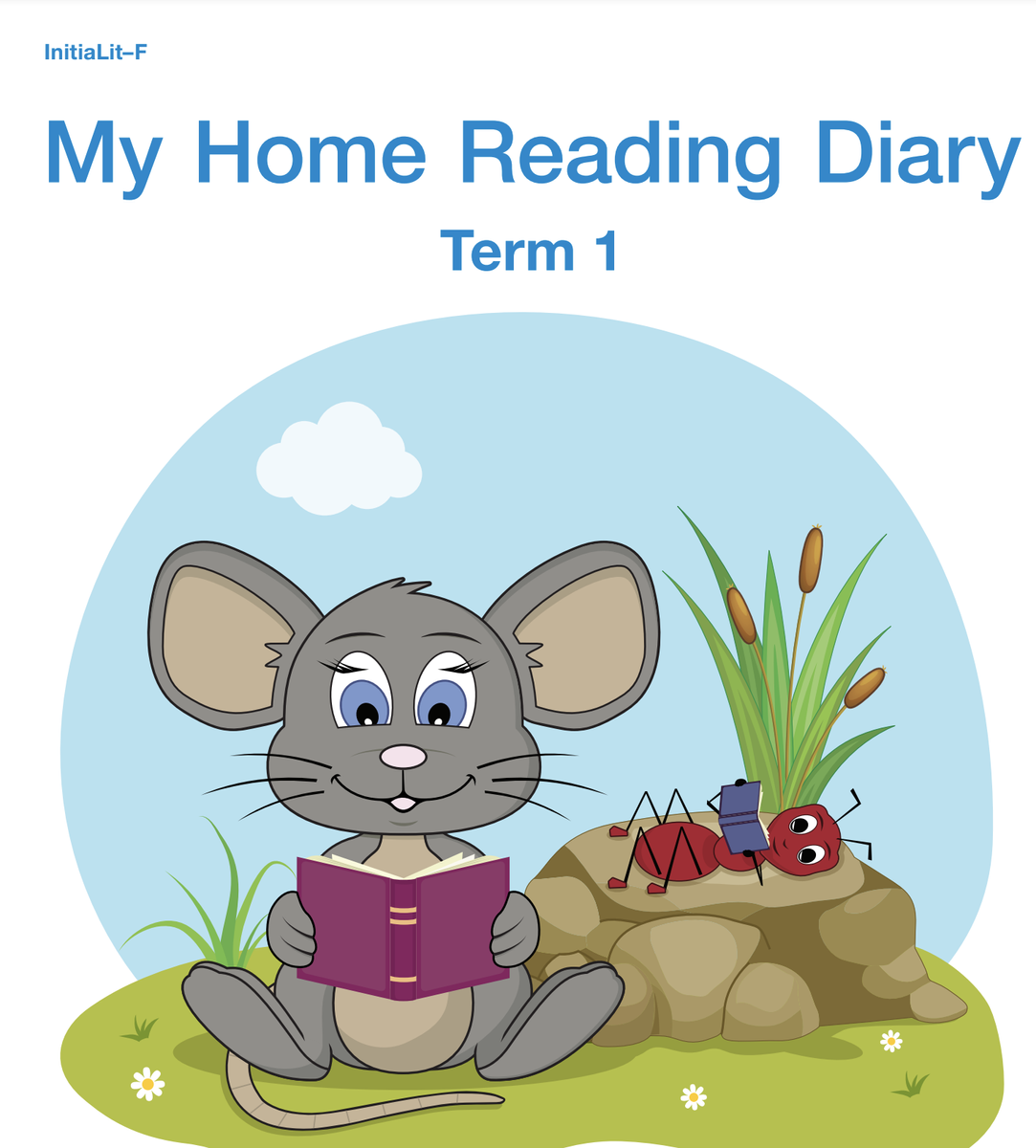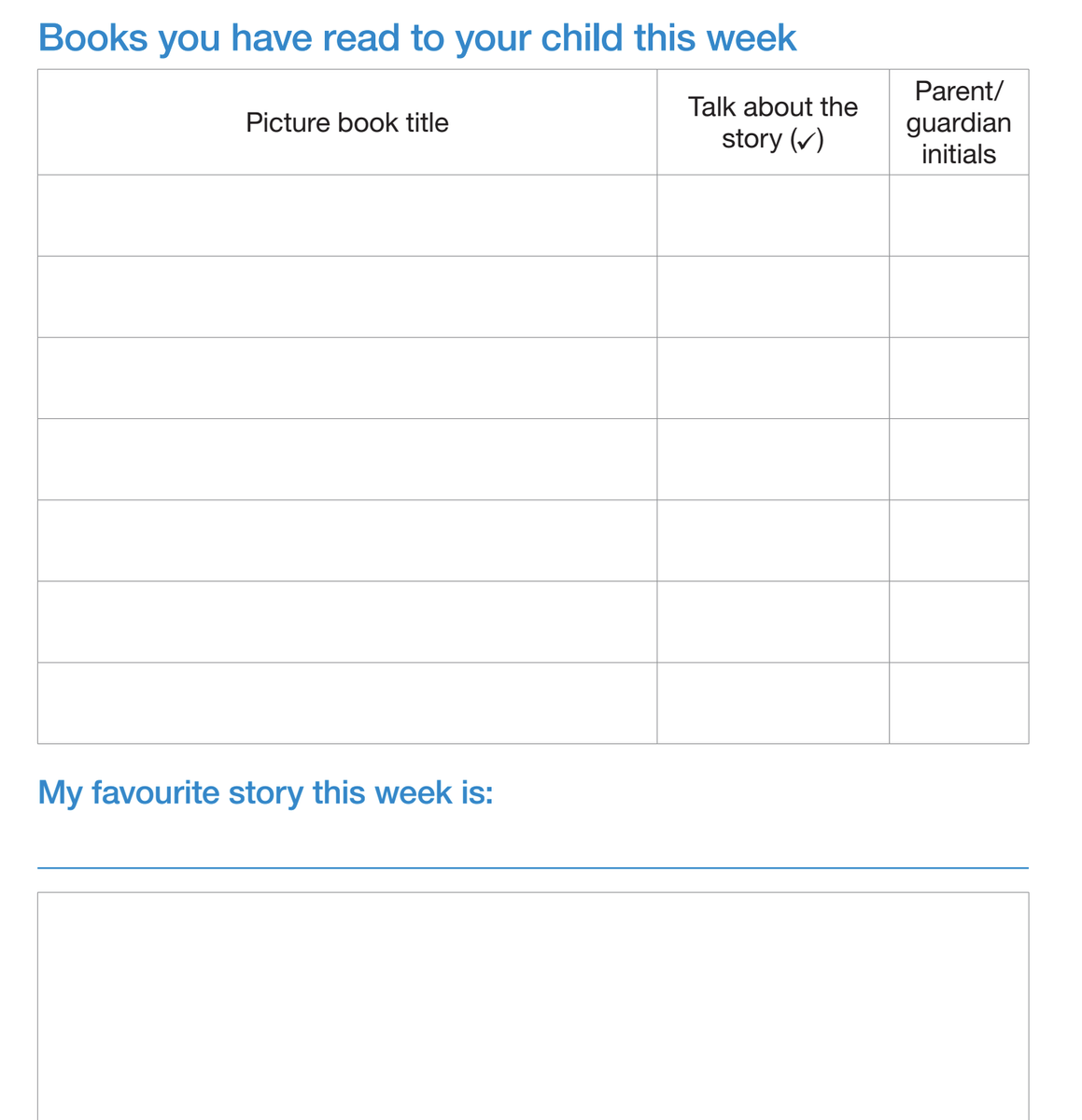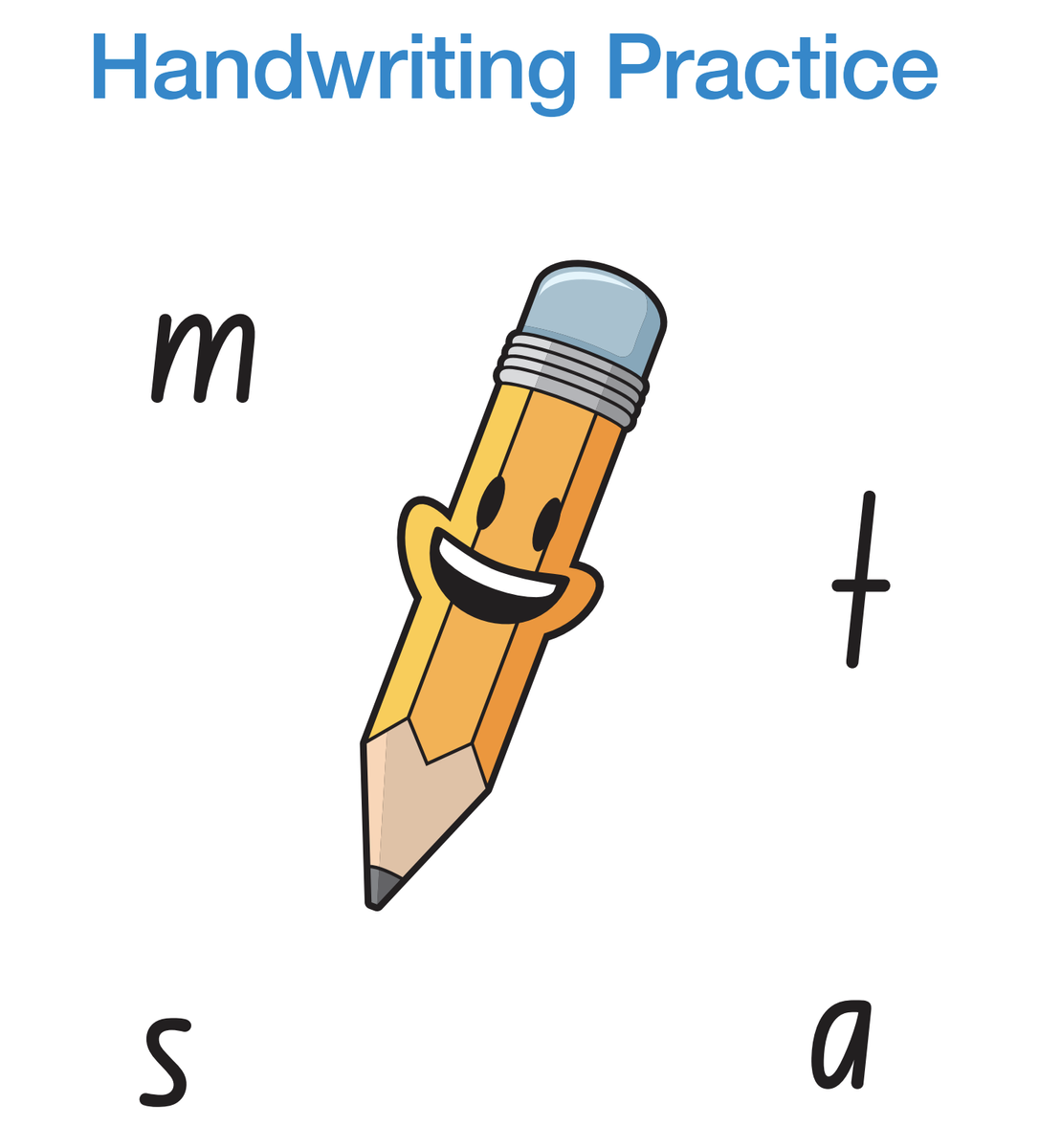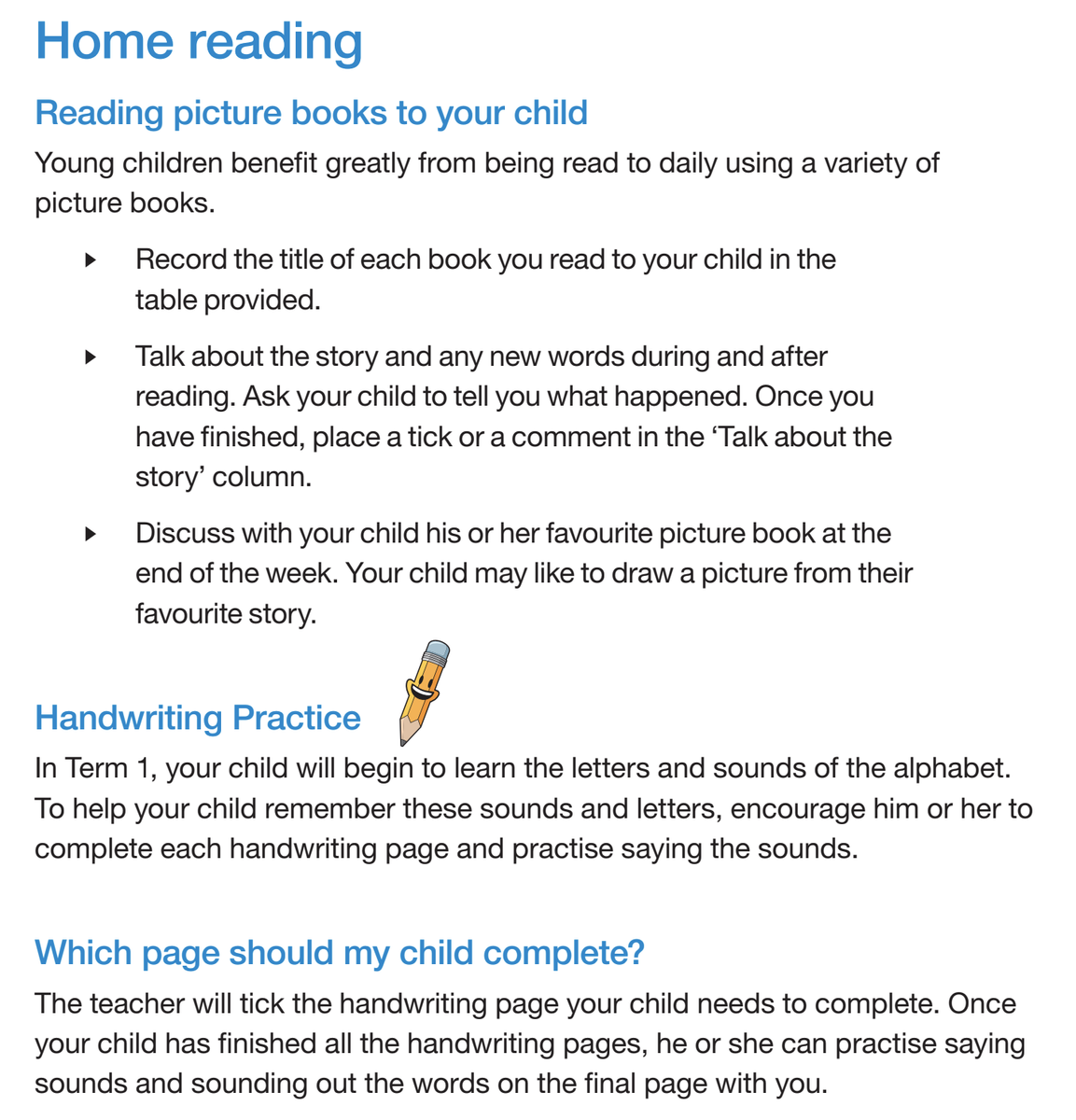Literacy
We are authors

Literacy
We are authors
Since Term 1 2020, Reception classes have been implementing a synthetic phonics approach through a program called InitiaLit - F (Foundation).
InitiaLit is an evidence-based whole-class literacy program providing all children with the essential core knowledge and strong foundations to become successful readers and writers. The three-year program, covering the first three years of school (Reception to Year 2) provides strong foundations in reading and writing, in the hope that fewer children will fall behind and require more intensive intervention.
InitiaLit is an Early Years reading program that incorporates a synthetic approach to the teaching of phonics alongside a rich literature and vocabulary component. It will ensure that there is consistent instruction across classrooms in a year level. This approach will ensure our students are exposed to the best literacy instruction focussing on vocabulary, oral language and comprehension through quality children’s literature.
Implemented across four terms InitiaLit–F focuses on two main components:
Phonics, to systematically and explicitly teach the basic alphabetic code in a set sequence. In addition to learning letter-sound correspondences and how these are applied to reading and spelling, children will be introduced to common morphemes and simple grammatical concepts.
Vocabulary, oral language and listening comprehension through quality children’s literature. Detailed lessons, including writing tasks, are provided for each of the storybook titles selected for use with the program.
Program structure
Delivered in a 90-minute block that includes the following:
20-25 minutes of whole-class teaching using a detailed scripted lesson plan.
30-45 minutes of further literacy work
15-20 minutes for a Storybook session. This literature component provides opportunities to develop oral language, vocabulary and comprehension, with one storybook used as a focus.
Regular progress monitoring using curriculum-based assessments to identify needs of children.
Home Reading Diary - This diary is a weekly recording of story and picture books you have read with your child. Later in the term, your child will be introduced to letter sounds which will need to be practised at home. It is vital that families DO NOT skip or jump ahead in the diary, as this specific learning (letters and sounds, vocabulary etc.) has not been taught explicitly. Each term a new diary will be sent home.
Decodable texts (sent home in Term 2).







